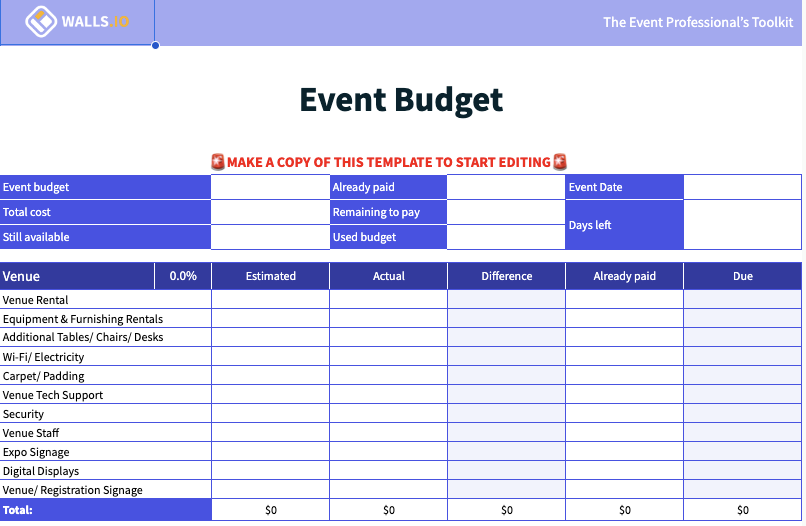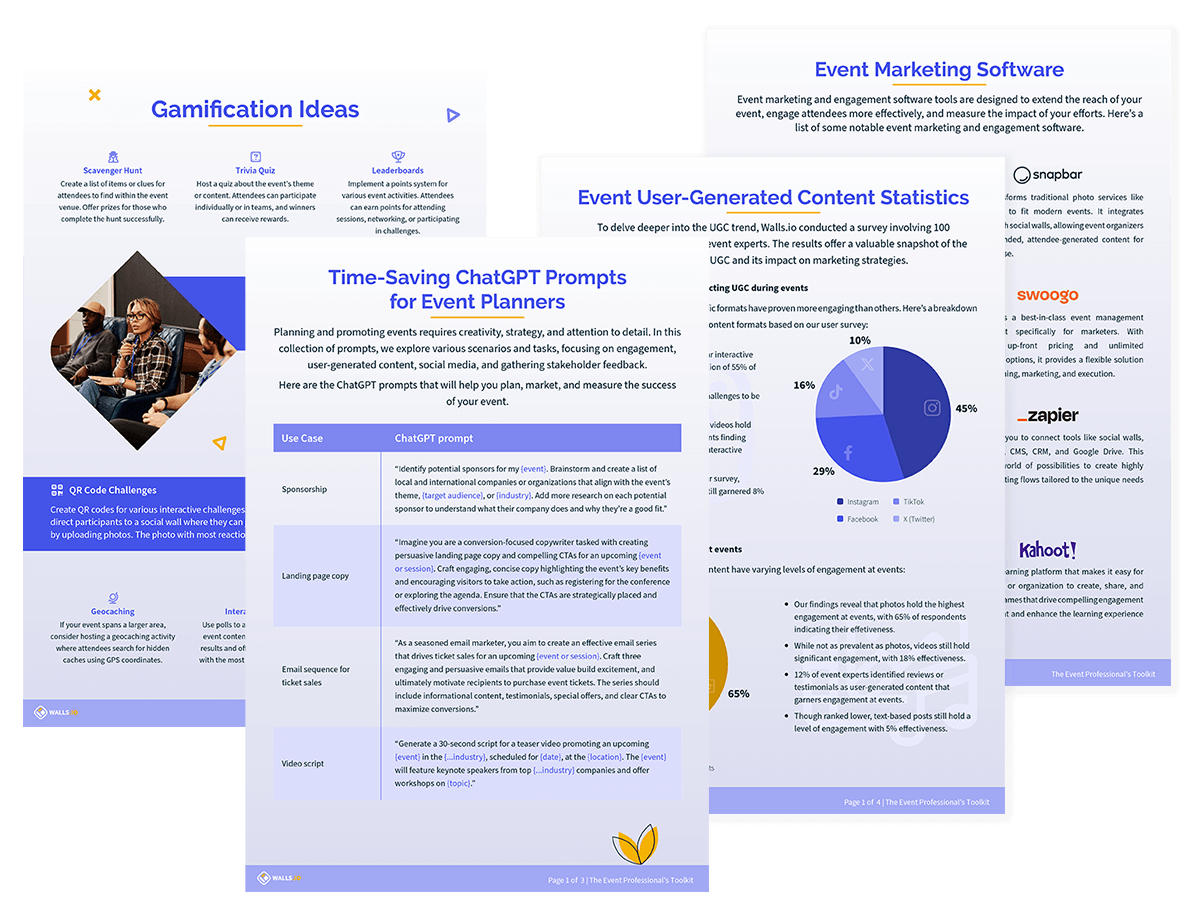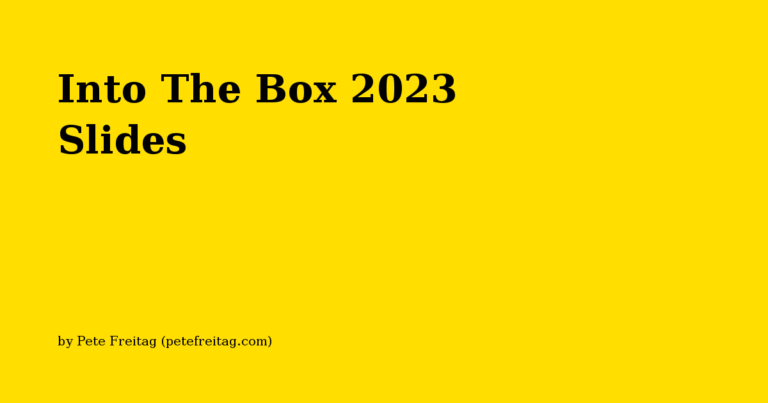Mastering the art of budgeting is crucial for your event’s success. A well-crafted event budget template ensures financial clarity, enables strategic decisions, and lays the foundation for a successful event. Keep reading to learn about the nuances of event budgeting and the tools needed to stay on track.
Why do you need an event budget template?
An event budget template is crucial for planners to track expenses and adhere to financial limits. It ensures that every dollar, from venue costs to marketing, is accounted for, preventing financial mishaps. Additionally, the template’s structured format saves time, enabling planners to concentrate on the event’s success and logistical aspects.
Adopting a free event budget template simplifies financial management, making it accessible and efficient for planners. This tool aids in maintaining organization and promoting a successful event outcome by offering a clear overview of all expenses.

Essential components of an event budget template
When creating a budget, there are a thousand details to consider. The following are some of the most important ones.
Venue costs
Selecting the right venue is pivotal in setting the tone for your event. It’s essential to account for rental fees, security, insurance, and any additional charges that may arise. Negotiating terms can often lead to significant savings, so always inquire about package deals or off-peak discounts.
These are some aspects you should consider when budgeting your venue:
- The venue’s capacity should align with the expected number of attendees.
- The layout should suit the event’s format and activities.
- Ensuring the event has insurance coverage.
- Any necessary permits or licenses.
- Understanding the venue’s cancellation policy.
- Post-event cleaning fees.
Food and beverage
Catering is often a central aspect of an event, impacting guest satisfaction significantly. Detail your food and beverage needs, considering dietary restrictions and service styles. Remember, quality catering can elevate your event, leaving a lasting impression on attendees.
Technology and equipment
Technology and equipment are the backbone of a successful event. Whether audio-visual equipment, lighting, or specialized software, ensure you have the tools to deliver a seamless experience. Some extras to consider:
- Expenses related to decorating the venue to match the event’s theme.
- Rental of furniture and other décor items.
- Costs for Wi-Fi, live streaming, or other technology services that the event may require.
Marketing and promotion
Promoting the event is crucial for attracting attendees, how else will they find out about it? Allocate the budget for ads, print materials, and promotional activities to put your event on the map.
⭐ Related: Event Hashtag Strategy Guide
Staff and logistics
From event planners to security personnel, ensure you have the right team. Logistics costs, including transportation and accommodation, should also be factored in.
Maximizing your event budget
There are factors beyond your actual budget that can help you get the most out of your plan.
- Start planning early: It’s never too early to get started! Secure early bird discounts and avoid last-minute premiums.
- Vendor negotiations: Don’t hesitate to negotiate with vendors for better rates or added value, everyone is usually open to giving discounts to secure a purchase.
- Monitor spending: It’s easy to lose track of small or unaccounted purchases, so make sure to review your budget regularly and adjust it to ensure alignment with your financial goals.
- The right technology: Try different event software to streamline planning, budget tracking, engagement, or any other aspect of the planning.
⭐ Related: Top Event Management Software 2024
Download the free event budget template
Crafting a detailed and realistic event budget is fundamental to the success of any event. Do yourself a favor and download The Event Professional’s Toolkit to get the event budget template and many other useful guides, lists, and templates!






